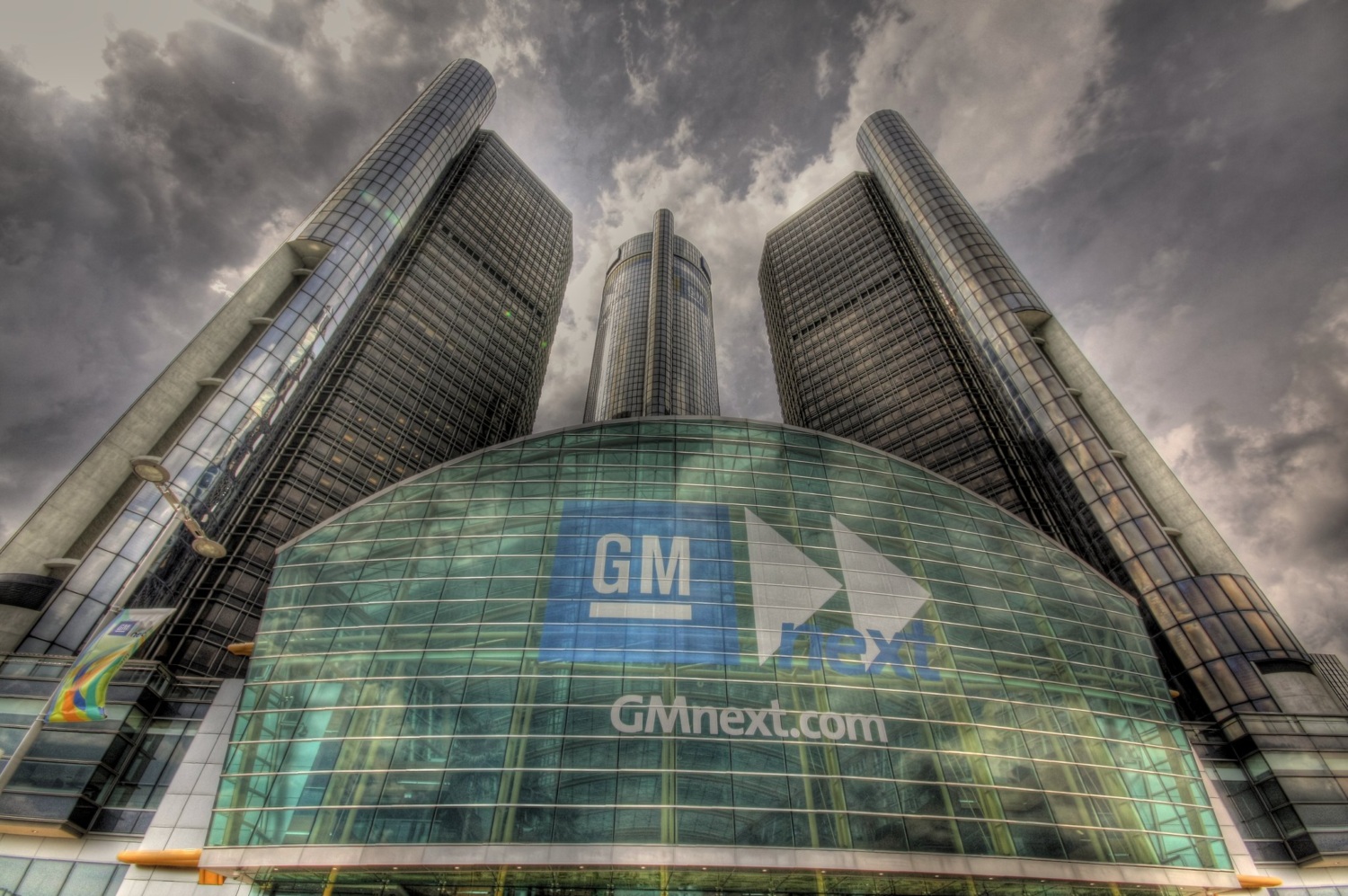
03/Jun/2025
GM Shareholders Reject Climate Transparency Proposal for Third Year in a Row
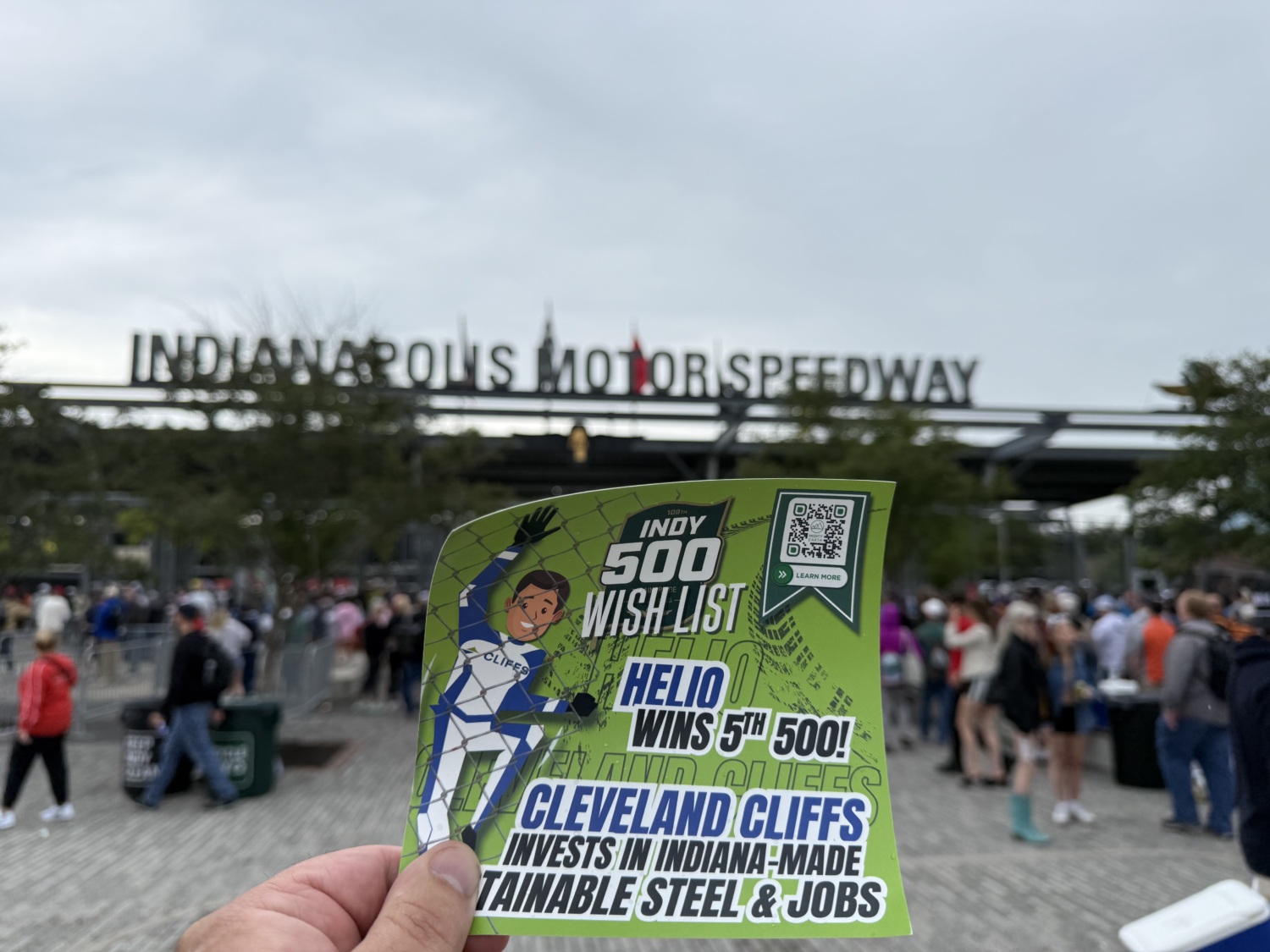
30/May/2025
The Indy 500, the World’s Largest Sporting Event, A Chance to Move Cleveland-Cliffs Towards Sustainable Steel and Jobs
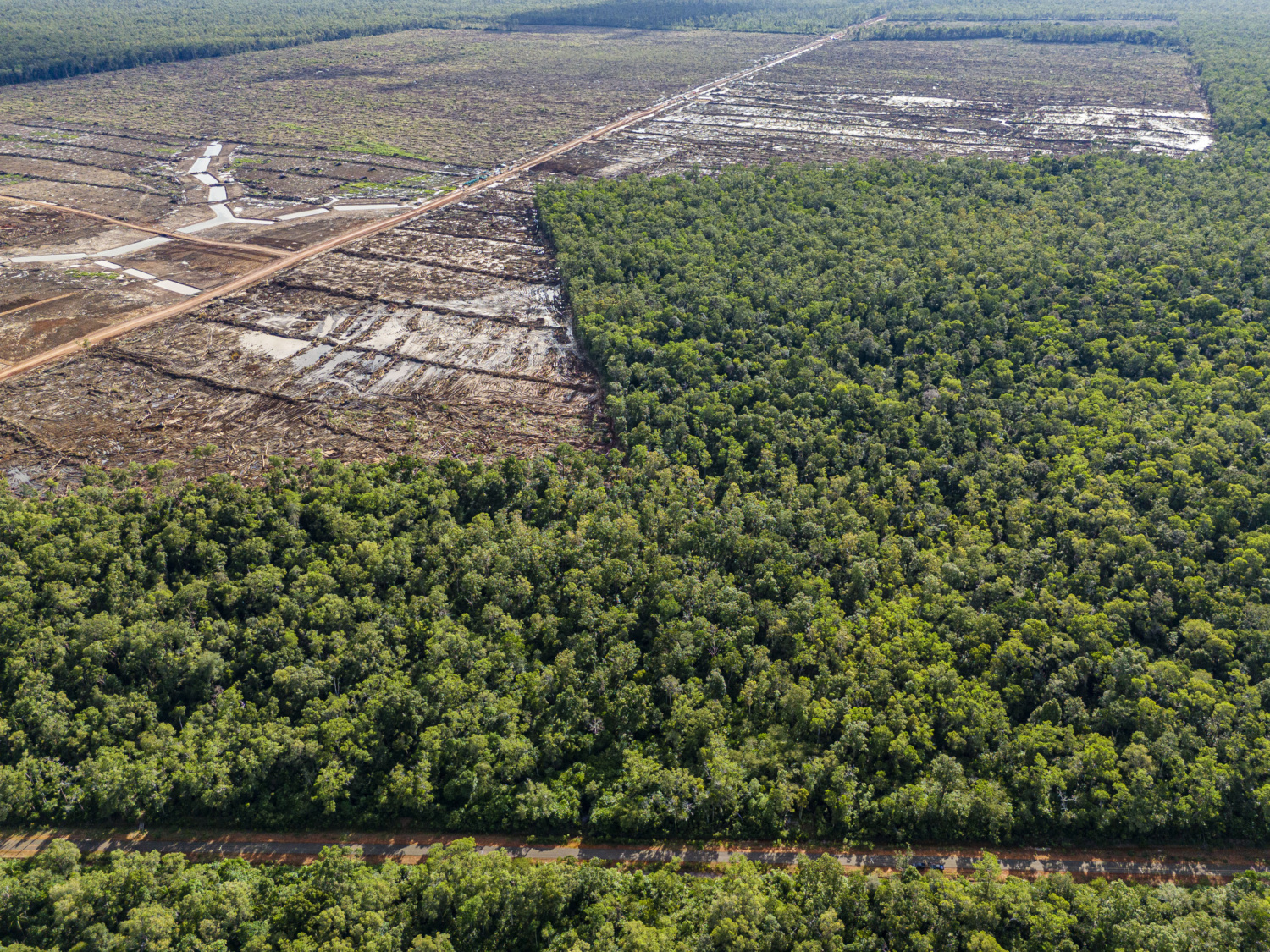
27/May/2025
World’s Largest Deforestation Project
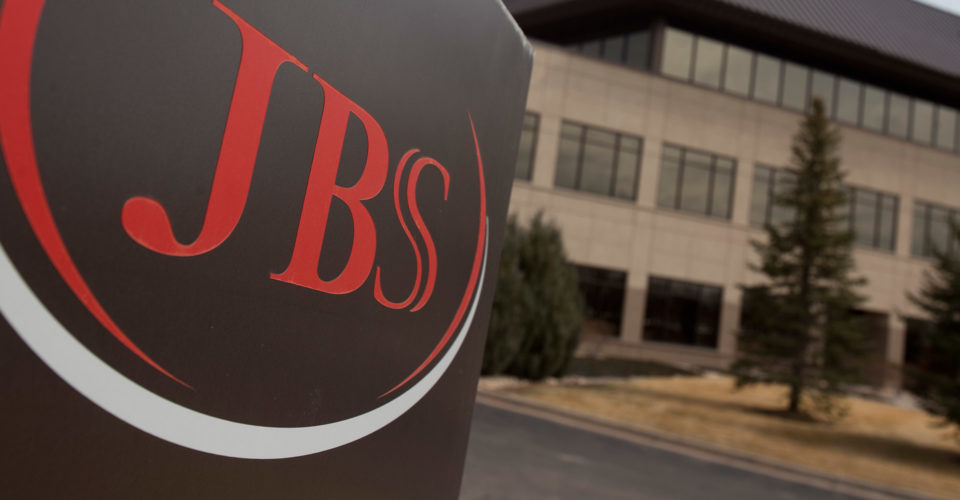
23/May/2025
JBS shareholders ignore governance concerns to approve NYSE listing

22/May/2025
EUDR risk benchmarking branded a “farce”
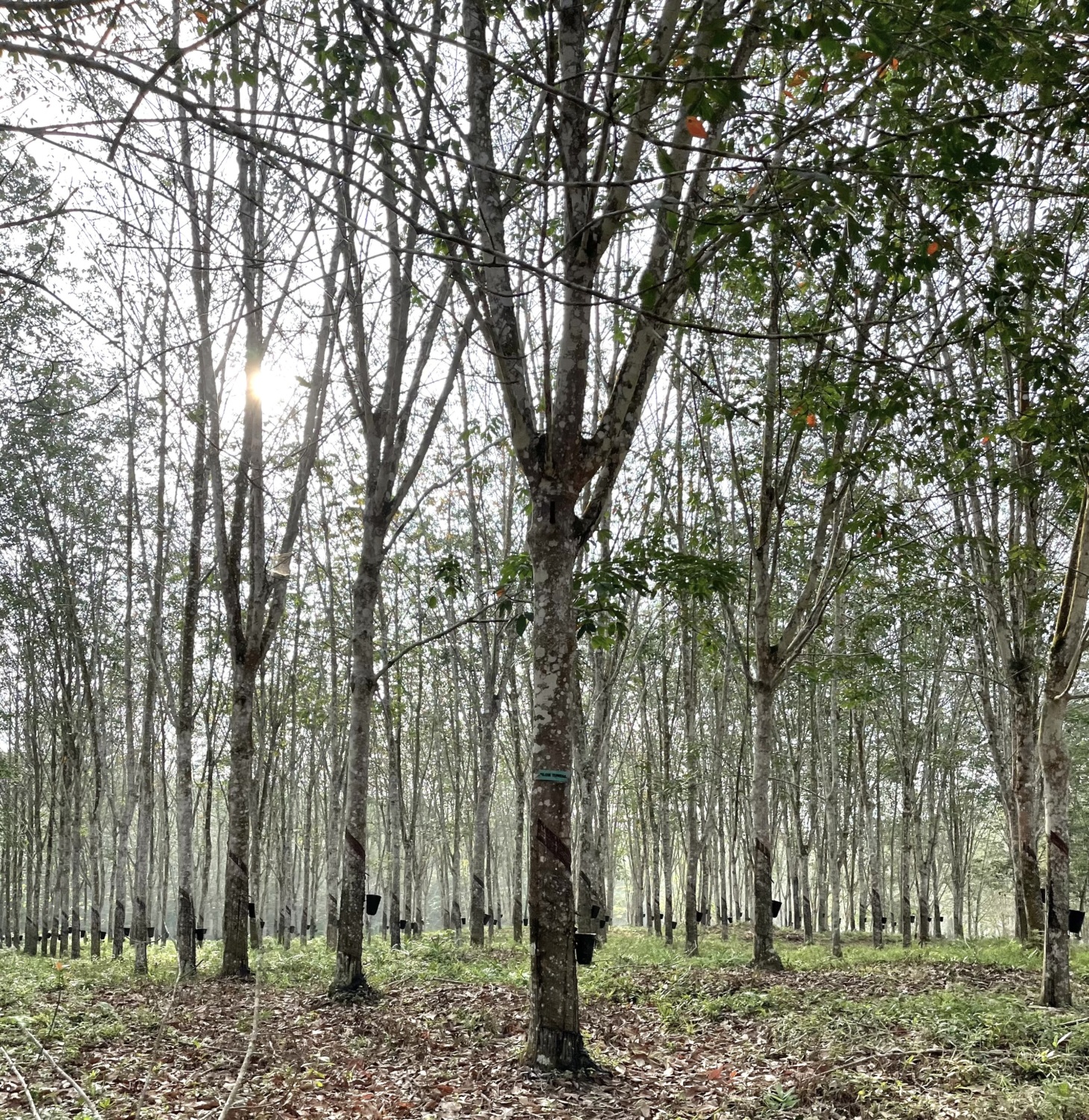
19/May/2025
Policy Briefing: Identifying risks of deforestation and illegality in EU rubber imports

13/May/2025
Fixing the Leak: How Methane Reduction Could Rescue Ahold Delhaize’s Climate Goals
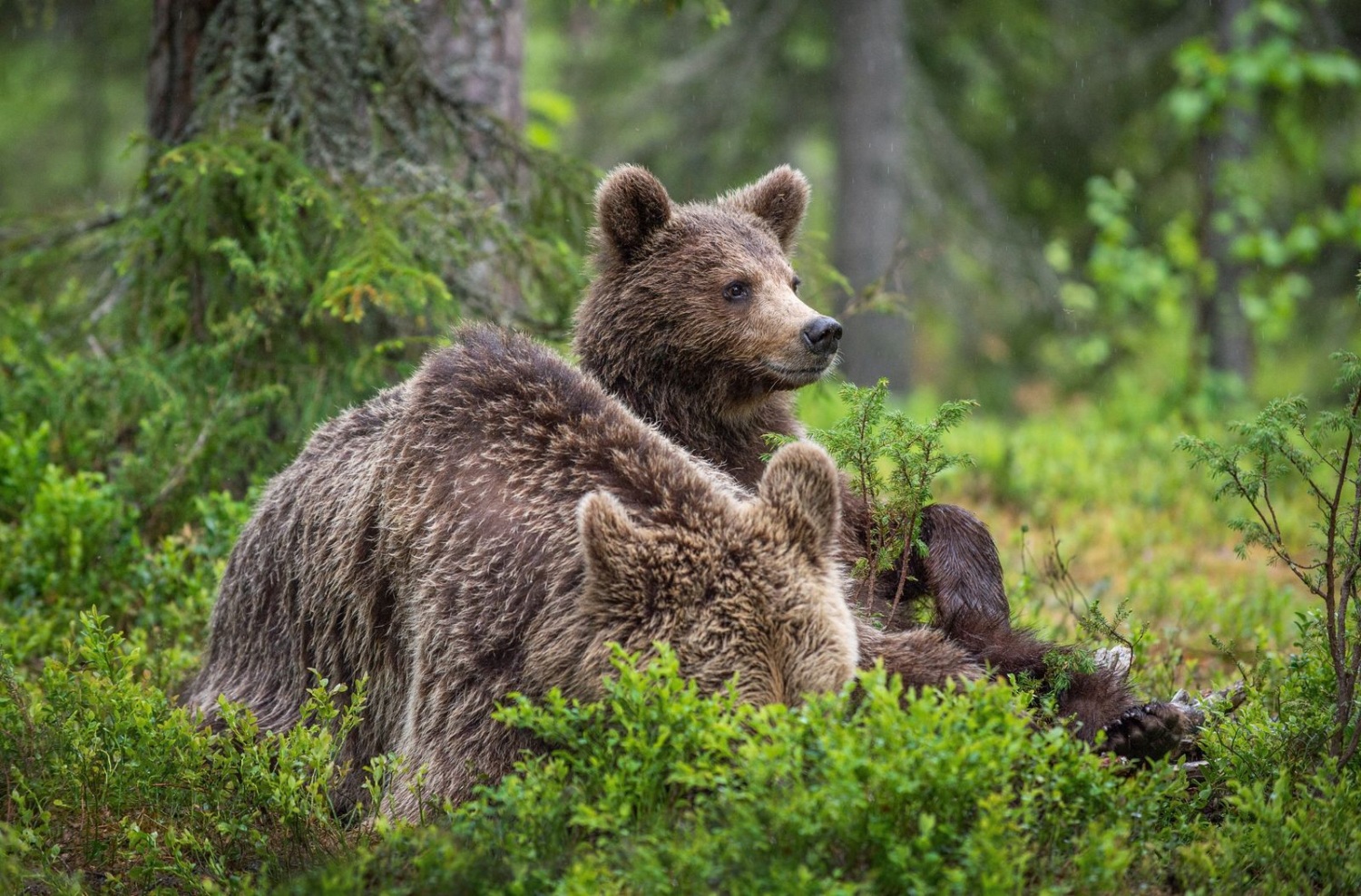
06/May/2025
CEO Note: What rewilding victory looks like
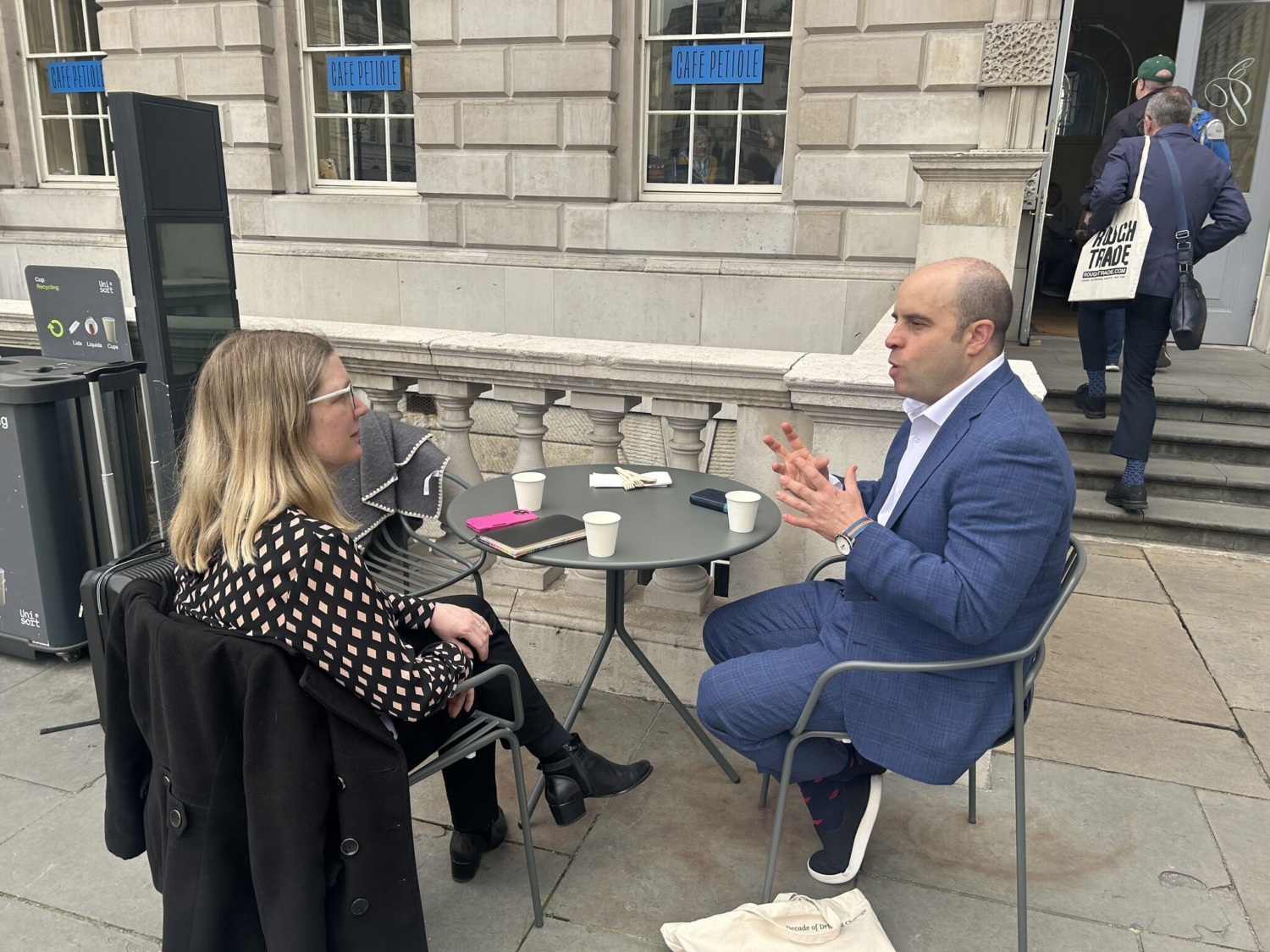
05/May/2025
FT Sustainable Views: Success on climate in Trump era may mean things not getting worse
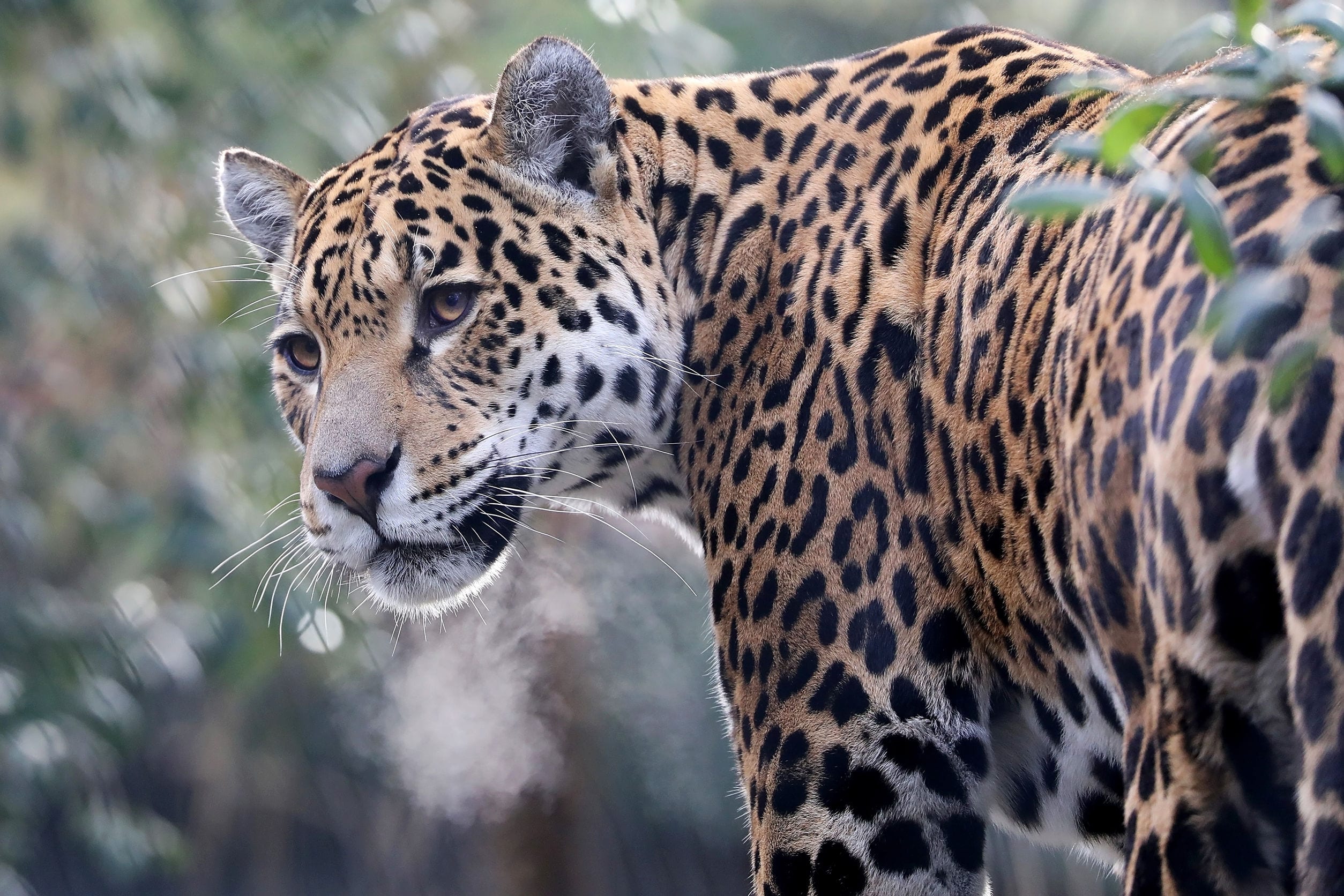
29/Apr/2025
CEO Note: From Pope Francis – valuing wildlife for its own sake
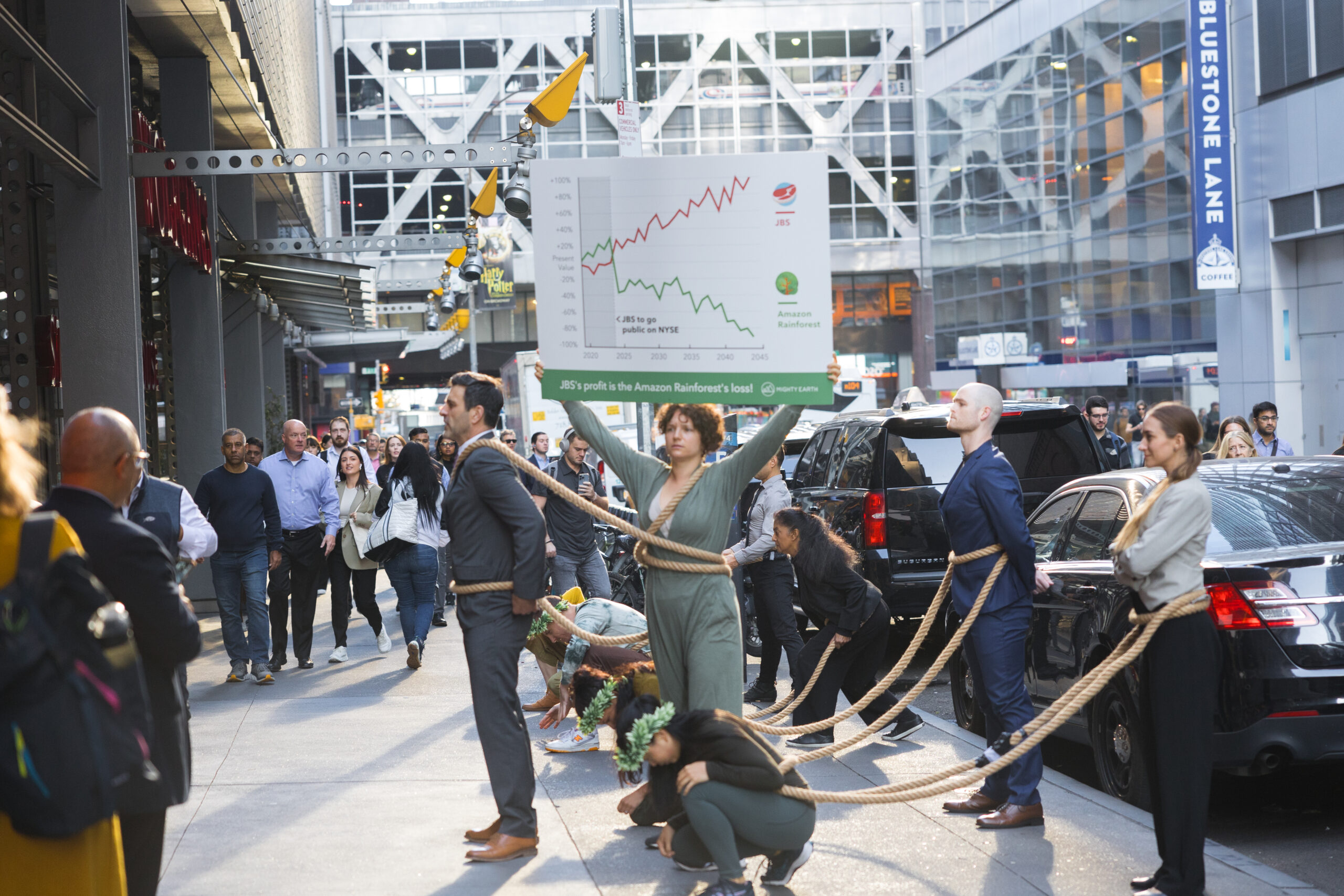
23/Apr/2025
CEO Note: Trump’s SEC has given JBS the green light to list on the NYSE
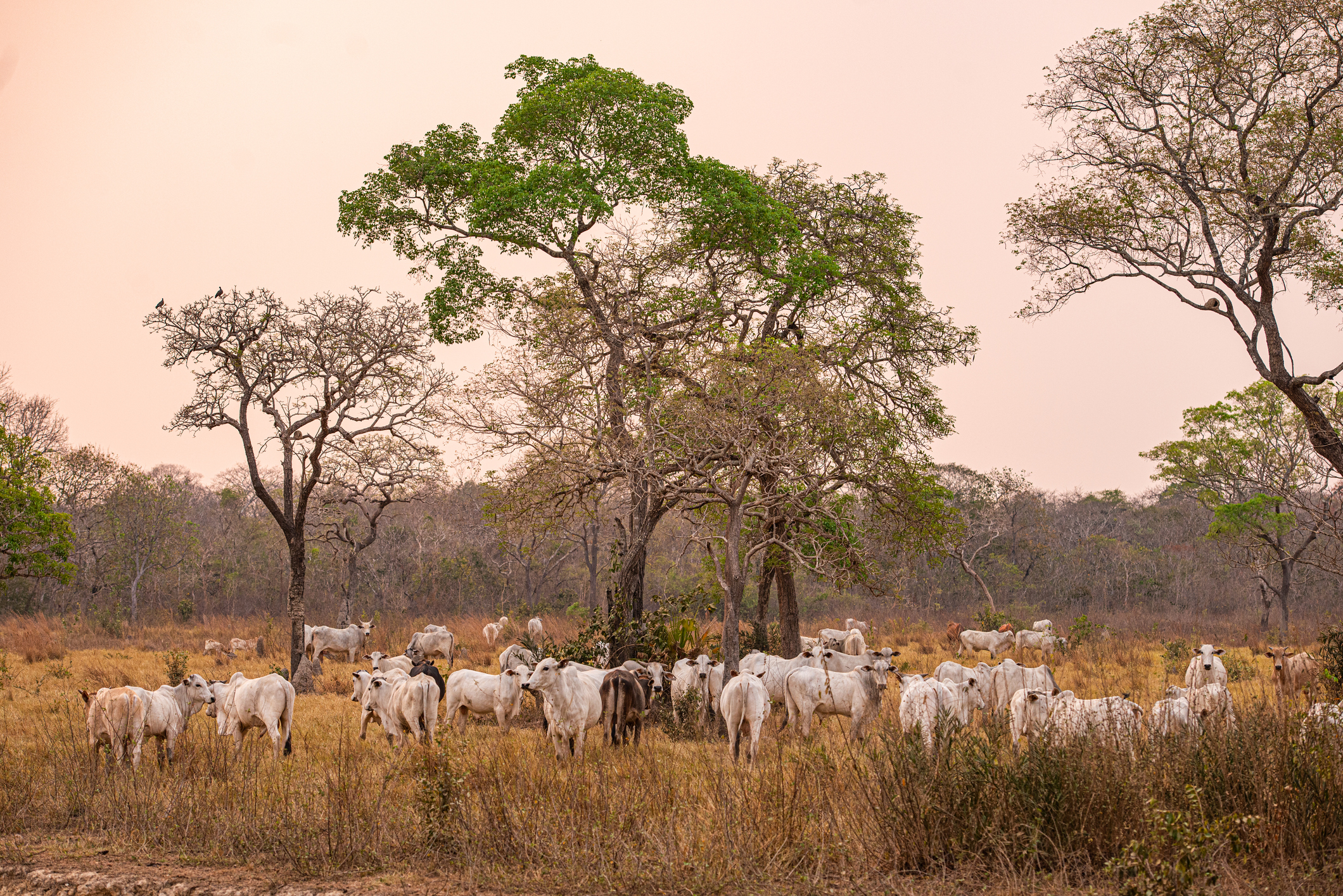
23/Apr/2025
Trump’s SEC greenlights JBS IPO despite bribery fines and corruption charges